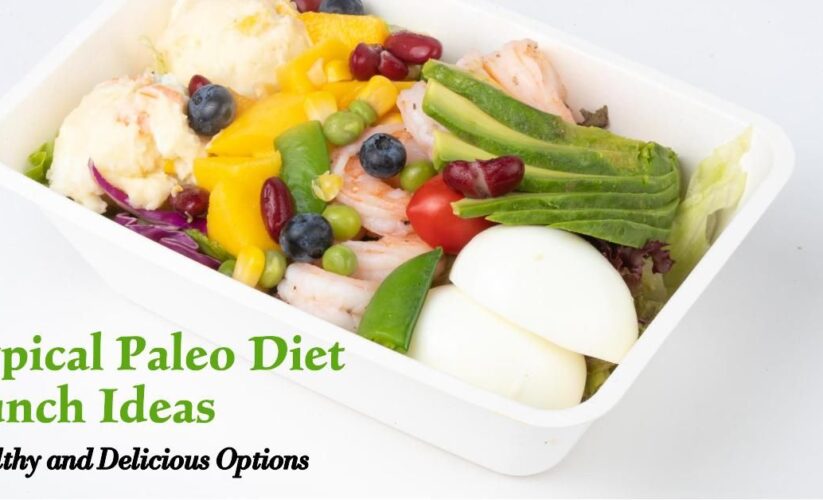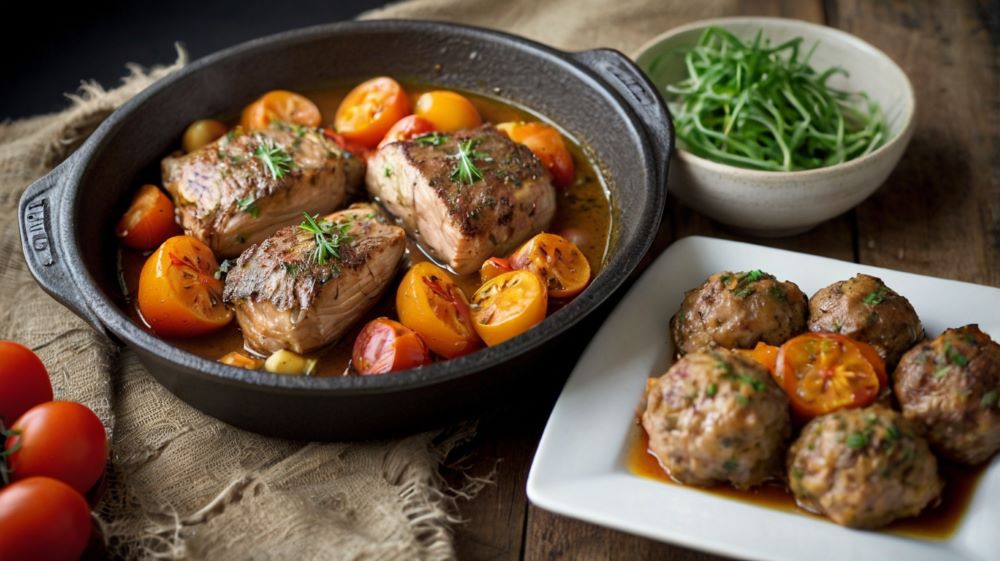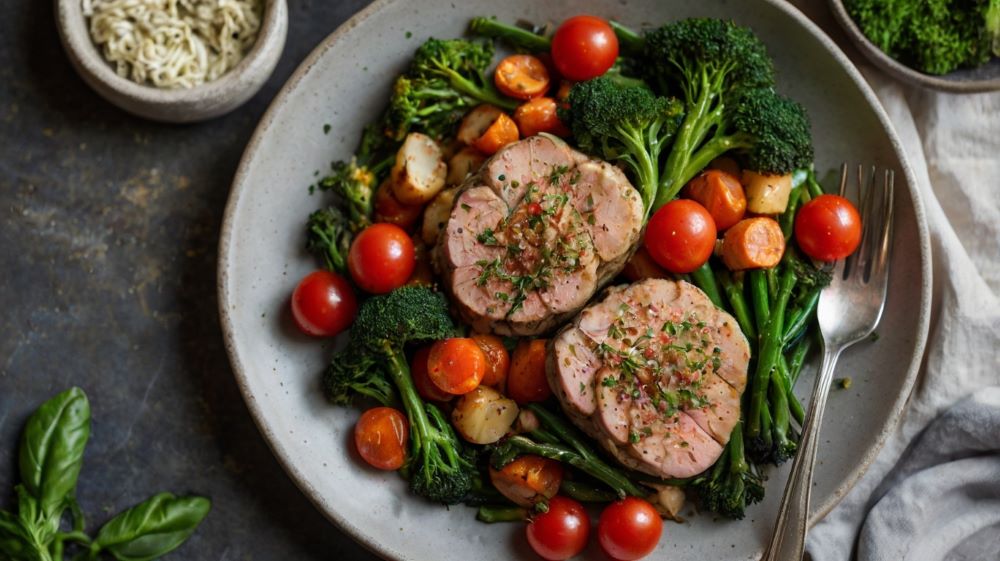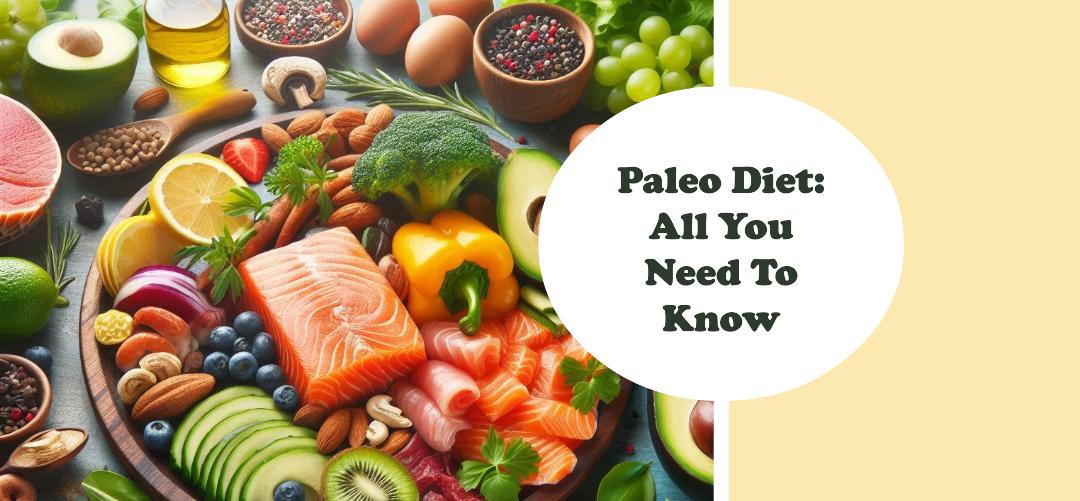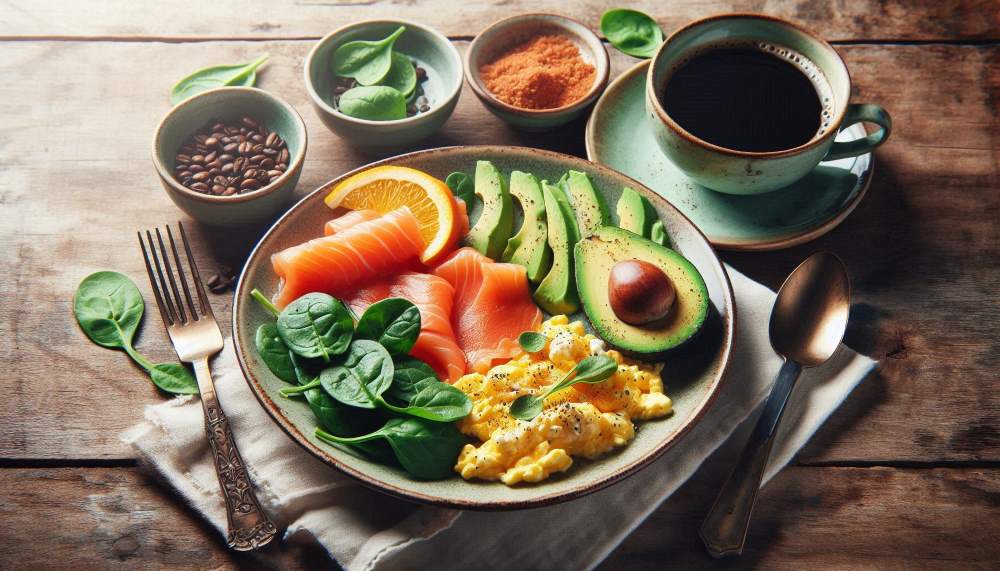Is Quinoa on the Paleo Diet? Uncover the Truth!
The Paleo diet, also known as the Caveman diet, has gained popularity in recent years due to its emphasis on whole, unprocessed foods. It is based on the idea that our ancestors from the Paleolithic era had healthier diets and were less prone to chronic diseases. The diet encourages the consumption of lean meats, fish, fruits, vegetables, nuts, and seeds while avoiding grains, legumes, dairy, processed foods, and refined sugar.
Quinoa, a gluten-free grain-like seed, has gained popularity as a healthy alternative to grains and is often recommended for its high protein content. However, when it comes to the Paleo diet, the inclusion of quinoa is a subject of debate among experts.
The Argument Against Quinoa on the Paleo Diet
One of the main reasons why some experts argue against including quinoa in the Paleo diet is its classification as a pseudo-grain. While quinoa is often referred to as a grain, it is technically a seed. Some proponents of the Paleo diet believe that our ancestors did not consume quinoa or other similar foods, as they were not readily available during the Paleolithic era.
Another argument against quinoa is its high carbohydrate content. The Paleo diet encourages the consumption of low-carb foods to mimic the dietary patterns of our ancestors. Quinoa is relatively high in carbohydrates compared to other Paleo-approved foods like meats, vegetables, and nuts. Some experts argue that excessive carbohydrate intake can lead to weight gain and other health issues.
Furthermore, quinoa contains antinutrients such as phytic acid and saponins. Antinutrients are compounds that interfere with the absorption of certain minerals like iron and zinc. While cooking quinoa can reduce the levels of antinutrients, some argue that it is still not ideal for those following a strict Paleo diet.
The Argument for Quinoa on the Paleo Diet
On the other hand, some experts argue that quinoa can be included in a modified version of the Paleo diet. They believe that quinoa is a nutrient-dense food that provides a good source of plant-based protein, fiber, and essential minerals. Quinoa is also gluten-free, making it suitable for those with gluten sensitivities or celiac disease.
While quinoa may not have been consumed by our Paleolithic ancestors, the Paleo diet is not about strict historical accuracy. It is about adopting a healthier approach to eating by avoiding processed and refined foods. As long as quinoa is prepared properly, it can be a part of a balanced Paleo-inspired diet.
It is important to note that the inclusion of quinoa in the Paleo diet may vary depending on individual goals and preferences. Some individuals may choose to include quinoa occasionally as a part of a more flexible approach to the Paleo diet, while others may prefer to strictly adhere to the exclusion of all grains and pseudo-grains.
Frequently Asked Questions
Is Quinoa Allowed On The Paleo Diet?
Yes, quinoa is not considered Paleo-friendly due to its seed nature and high carb content.
Can I Substitute Quinoa With Any Other Paleo-friendly Options?
Yes, you can replace quinoa with cauliflower rice, zucchini noodles, or shredded cabbage in Paleo recipes.
What Are The Best Protein Sources On The Paleo Diet?
Quality protein sources on the Paleo diet include grass-fed meat, wild-caught seafood, eggs, and nuts.
Are There Any Health Benefits Of Including Quinoa In The Diet?
Quinoa is rich in fiber, iron, and magnesium, making it a nutritious addition for non-Paleo diets.
Conclusion
Ultimately, the decision of whether to include quinoa on the Paleo diet is a personal one. It is important to consider individual goals, dietary restrictions, and preferences. While some experts argue against including quinoa due to its classification as a pseudo-grain and higher carbohydrate content, others believe that it can be included in moderation as part of a balanced Paleo-inspired diet. As with any dietary choice, it is always recommended to consult with a healthcare professional or registered dietitian before making significant changes to your eating habits.


